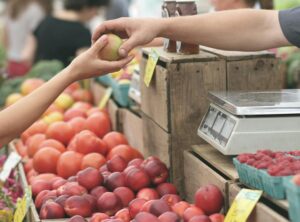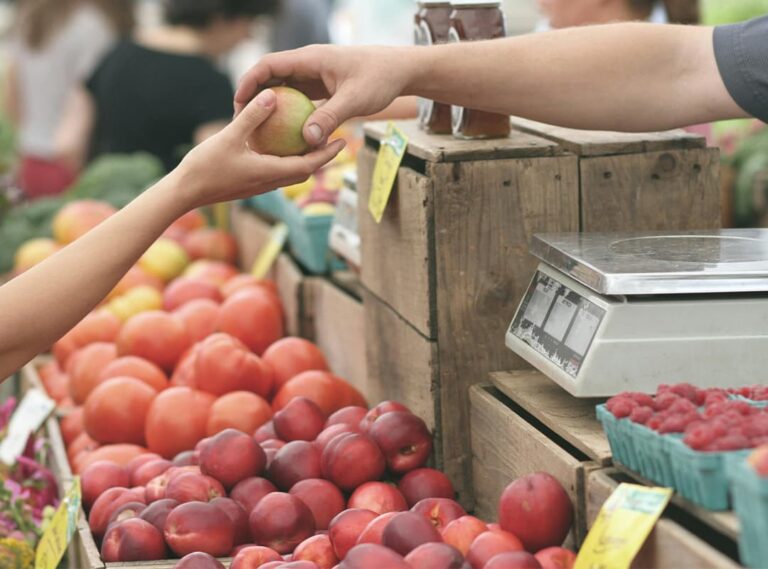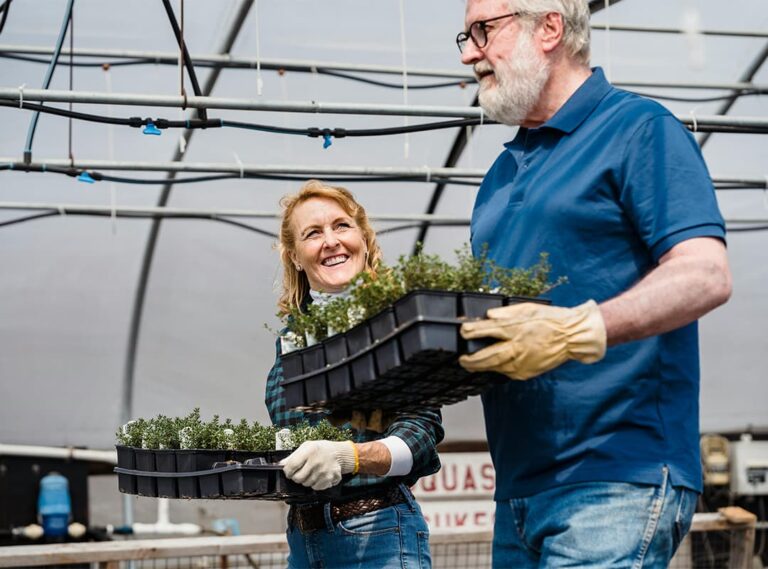Social media and farming… They have nothing in common, right?
Wrong! Social media platforms such as Facebook, Instagram, Twitter, etc. are powerful tools that can help communicate and educate people and can be particularly useful for farmers. The use of social media, if done correctly, can help provide informative content and allow non-farmers to participate and see what is actually happening “on the farm”.
Networking on social media
Networking is one of the most important ways farmers use social media. Farms that present themselves to customers virtually and create a community are more likely to be successful than those that do not. Brand recognition when it comes to marketing is also an important advantage for farmers. Even people who may not have thought about farming before can find something interesting just by following a clever caption or an informative TikTok. All this means is that more people are talking about agriculture, which is rarely a bad thing!
Industry knowledge is also a popular topic when discussing social media and agriculture. Social media influencers can help create a collective voice when change is needed in agriculture, and can bring smaller operations to the attention of influential and powerful people more quickly. And never before have farmers been able to discuss their activities and struggles with a wide audience on such a large scale. This means it is much easier to spread the word and correct misinformation. Farmers can also share their own knowledge of practices with others, and may even interest non-farmers in learning some of the skills they could use.
Farmers can also use social media to communicate and interact with consumers who are looking for valuable information about their purchasing decisions. In turn, farm owners can also see the needs and perspectives of their consumers, which can change their own operational decisions and help them be more competitive in the agricultural market. Someone looking for healthy food may be more interested in buying fresh produce from a farm if they can see exactly where they are buying from. Creating this trust through transparency and authenticity is key to a farmer’s success on social media.
Farmers no longer need to relegate the last pages of forgotten magazines. Thanks to social media platforms, their message can finally be heard in much wider circles than ever before. Even if a farmer doesn’t go viral, they can still gain a decent following just by posting cute pictures or sharing valuable information. You may even be able to reach audiences that have never even thought about agriculture and farming before!






